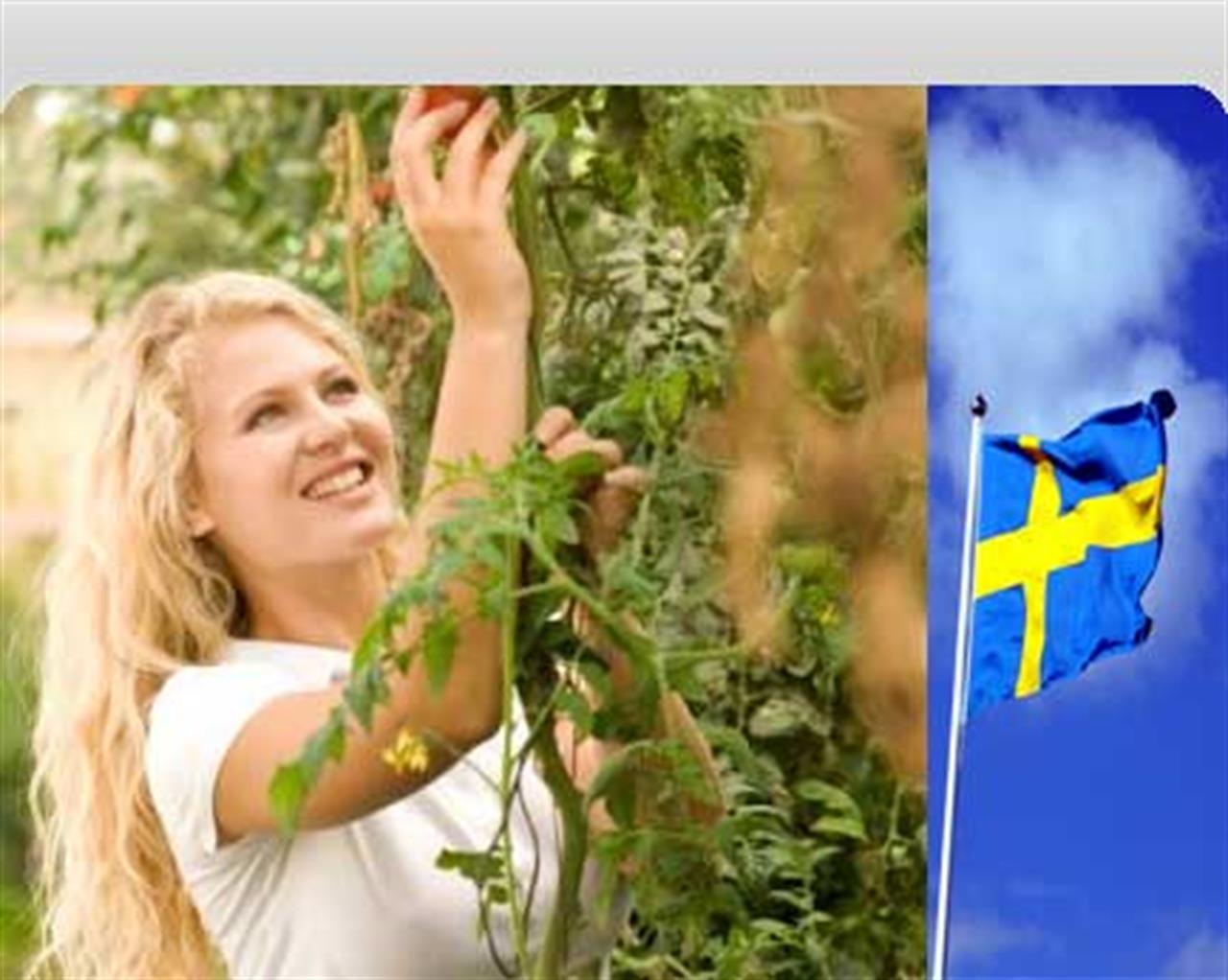Non profit
Organic goes environmental
Sweden will be the first European country to impose new ecological standards on organic produce from 2012

KRAV, the Swedish certifying body for agricultural produce, recently announced that Swedish organic farmers will have to satisfy ultra-stringent requirements to earn the organic label as of 2012. The checklist includes chemicals-free farming, green-fuel tractors, reduced nitrogen emissions in fertilizer spreading, and a steep cut in per product energy consumption. From 2012, moreover, farmers will have to present their plans to use sustainable sources for all the energy they consume from 2015.
Sweden’s dynamism is remarkable. Its Dutch counterpart, Biologica, aims to rid the organic sector of fossil fuels too – but not till 2020. “Organic produce is not the cure-all,” says Johan Cejie, in charge of KRAV regulations, over the phone from Uppsala. “We’ve got to keep going, because climate change is a very pressing problem. That means we’ve got to do better than organic.”
Naturally, there is plenty of debate within his organisation, admits Cejie, and farmers are not unanimously rejoicing at the prospect of stricter standards. “But Swedish consumers are increasingly demanding that farm work and the transportation of produce be carried out sustainably.”
Food miles
“Food miles” are a touchy issue in the organic sector. The fundamentalists prefer organic applies from Argentina to apples from non-organic orchards in the Dutch region of Betuwe. Realists, however, feel that is going way too far. In their estimation, flying organic produce in from a faraway land is simply unacceptable when similar produce is being sustainably grown in the vicinity.
Cejie has reservations about food miles, though: “It’s a very complicated subject because it involves social considerations as well. If you exclude air transport, you’re also harming small-scale farmers in developing countries whose organic produce is now giving them access to a consumer market with considerable financial resources at its disposal.”
The “heavies” in the food industry are also weighing in on the issue. During an attempt last year to limit food miles on organic products, Britain’s Soil Association for organic food and farming announced that air-freighted imports would no longer qualify as organic. Under pressure from supermarket chains like Sainsbury’s and Waitrose, which sell a profusion of organic foods, the association went back on its decision early this year. The supermarkets claimed that local produce, particularly if grown under glass, can cause higher CO2 emissions than crops grown in open fields in far-flung corners of the Earth. According to Cejie, this is the reason why the Swedes care less about food miles and more about per product CO2 emissions.
Once more, the Swedish approach is setting an example for Europe.
Translated from Trouw on Presseurop
Si può usare la Carta docente per abbonarsi a VITA?
Certo che sì! Basta emettere un buono sulla piattaforma del ministero del valore dell’abbonamento che si intende acquistare (1 anno carta + digital a 80€ o 1 anno digital a 60€) e inviarci il codice del buono a abbonamenti@vita.it
